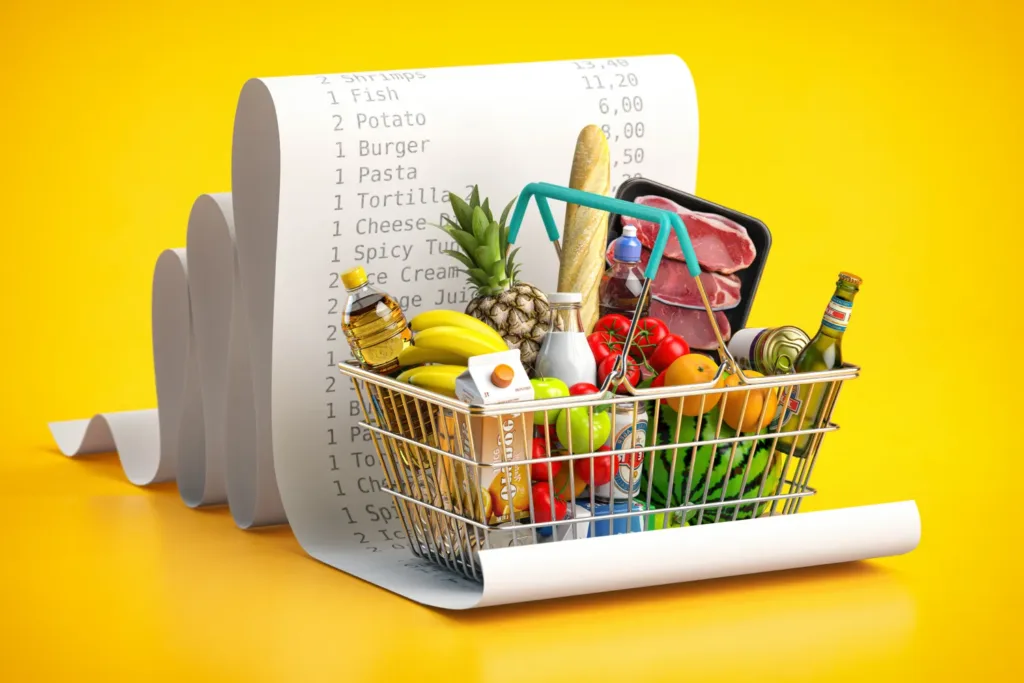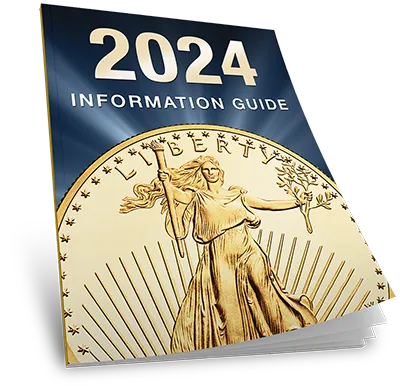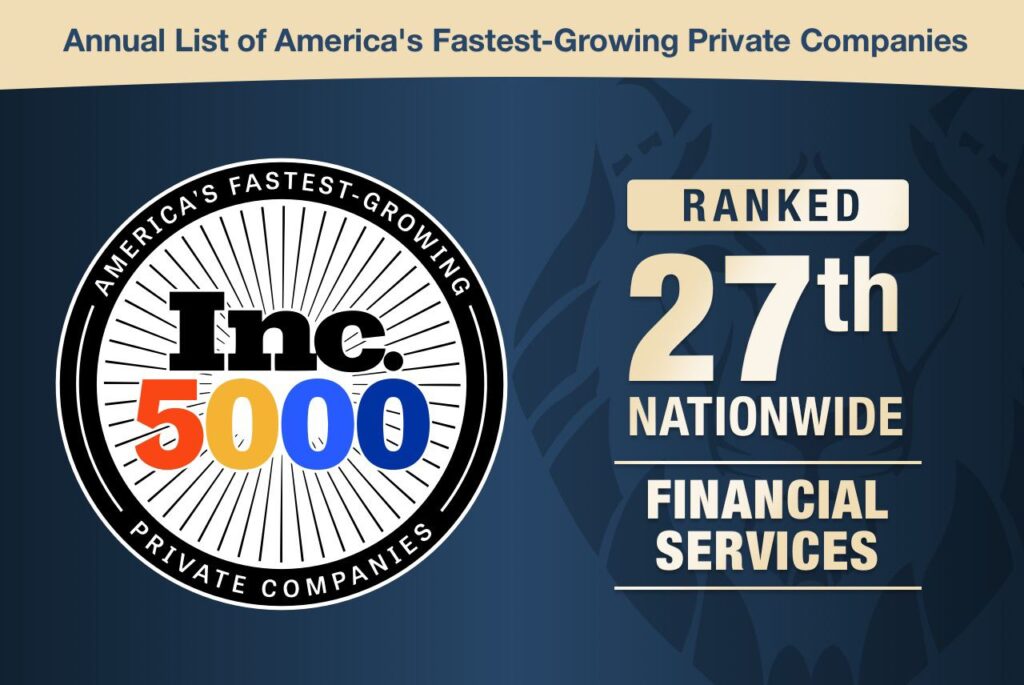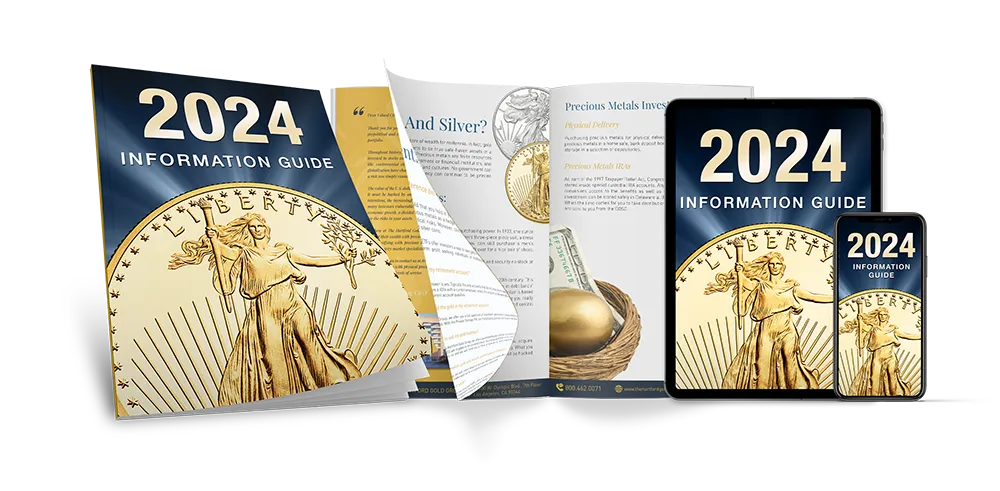Inflation means things get more expensive, and your money doesn’t go as far as it used to. While a little bit of annual inflation can show the economy is doing well, too much inflation can cause problems. High inflation makes it harder for people to buy what they need because price increases too fast.
This article will examine seven reasons why too much inflation can harm the economy, from making everyday items more expensive to affecting how much things cost to borrow. We’ll explain how the rate of inflation impacts everything from your pocketbook to the country’s economy and why keeping inflation in check is essential for everyone.
What Is Inflation?
Inflation is when the cost of goods and services increases. Imagine you can buy a chocolate bar for one dollar today, but next year, you need $1.10 to buy the same chocolate bar. That’s inflation happening, making things more expensive over time. This occurs because the value of money goes down, so you need more of it to buy the same goods or services.
Economists measure price changes by looking at various things people buy using the Consumer Price Index (CPI). When inflation is high, your money doesn’t go as far as it used to, making acquiring things you need or want more difficult.
Central banks, like the Federal Reserve (or the Fed) in the U.S., watch inflation closely. They can change interest rates to help control it, trying to keep everything balanced so the economy stays healthy and things don’t get too expensive too quickly.
Why Is it Bad?
Inflation is often seen as detrimental because it decreases purchasing power, meaning money buys less over a period of time. This can lead to higher living costs without a corresponding wage increase, squeezing household budgets.
High inflation can also increase interest rates, making borrowing more expensive for individuals and businesses and slowing economic growth and investment. Additionally, uncertainty about future inflation can reduce consumer spending and business investment, further impacting economic stability.
What Are the Effects of Inflation on the Economy?
Inflation, when prices go up, can shake things up in the economy in many ways. Some are good, but many are challenging.
Here are seven ways inflation can affect the economy:
1. Loss of Purchasing Power
Inflation often leads to a loss of purchasing power, which is a fancy way of saying that your money doesn’t go as far as it used to. Imagine you could buy five chocolate bars for five dollars last year, but this year, the same five dollars might get you only four bars because the price of chocolate has increased. That’s your purchasing power taking a hit.
The more prices rise, the less you can buy with the same amount of money. Inflation affects clothing, rent, and food prices — essentially, it impacts everything you spend money on. When inflation keeps climbing, everyone starts to feel the pinch. Their money isn’t stretching as far as it used to, making it more challenging to cover everyday expenses.
This can be especially tough for lower-income employees or those whose earnings don’t keep up with rising prices, making it a big concern during periods of high inflation.
2. Higher Interest Rates
Inflation and interest rates move in the same direction. Higher interest rates are often followed to combat inflation, and central banks like the Federal Reserve banks implement this. The primary aim is to cool down an overheating economy by making borrowing more expensive, which should theoretically reduce spending and slow inflation.
However, these increased rates have wide-ranging impacts. For borrowers, the cost of mortgages, personal loans, and credit card debt rises, leading to higher monthly payments. This can reduce disposable income and consumer spending, potentially slowing economic growth. Businesses may also face higher costs for financing through loans, which can lead to reduced investment in growth or expansion.
While higher interest rates can help tame inflation, they also risk tipping the economy into a slowdown or recession if it increases too aggressively or if the economy cannot adapt to the higher borrowing costs.
3. Slow Economic Growth
Slow economic growth is a significant consequence of inflation, especially when it spirals out of control. Inflation can erode consumer purchasing power, decreasing spending on non-essential goods and services. As consumers tighten their belts, businesses may see reduced sales, forcing supply chain changes. This slowdown in business activity can lead to lower GDP growth rates, signaling a weakening economy.
Additionally, as inflation increases the cost of raw materials and labor, business production costs rise. This can squeeze profit margins, discouraging investment in new projects or expansions and further dampening economic growth.
High inflation can also lead to market uncertainty, causing consumers and businesses to delay spending and investment decisions. This hesitancy can stifle economic activity and innovation, leading to a slow growth cycle.
Central banks might raise interest rates to combat inflation, but this can also slow economic growth by making borrowing more expensive. The balancing act between controlling inflation and fostering economic development is challenging, requiring careful monetary policy decisions to avoid stalling the economy.
4. Individuals Have Less in Savings
When inflation rates climb, the real value of money in savings accounts diminishes over time. If inflation outpaces the interest rates on savings, the purchasing power of the money saved decreases. This scenario means that individuals may find their savings buying them less in the future than they could today.
For example, if inflation is at three percent but a savings account only offers a one percent annual return, the real value of those savings declines each year. This erosion of value discourages saving and can reduce financial security for individuals, especially retirees who rely on their savings for daily expenses.
The impact is more pronounced in periods of high inflation, where the disparity between inflation rates and interest earned on savings becomes larger. This phenomenon can lead individuals to seek alternative investments with higher returns to counteract inflation’s effects on their savings, sometimes taking on more risk than they might otherwise be comfortable with.
As a result, individuals’ overall financial well-being and future planning can be adversely affected, highlighting the importance of considering inflation when managing personal finances.
5. May Cause a Recession
Inflation can lead to a recession, especially when it spirals out of control. A recession is a period of economic decline marked by falling GDP, reduced consumer spending, and rising unemployment. Periods of higher inflation can be a contributing factor to this downturn.
When the prices of goods and services become too expensive, consumer spending decreases because people cannot afford to buy as much. Businesses, in turn, may see reduced revenues, leading to cuts in production and workforce to manage costs.
The Fed might increase interest rates during a recession to control inflation. While this can help temper inflation, higher interest rates make borrowing more expensive for consumers and businesses. This can lead to decreased investment and spending, slowing down economic growth. Reduced consumer spending and lower business investment can significantly contract economic activity, potentially triggering a recession. Therefore, managing inflation rates is essential for central banks to avoid such negative financial outcomes.
6. Demand for Higher Wages
High inflation often leads to consumer demands for higher wages as employees seek compensation that keeps pace with the rising cost of living. When there are higher prices for goods and services, workers find that their existing wages do not stretch as far as they used to, reducing their real purchasing power. This situation forces workers and their unions to negotiate for higher pay to maintain their standard of living.
However, this cycle of wage increases can further fuel inflation in what’s known as a wage-price spiral. As businesses incur higher labor costs, they may raise the prices of their products and services to maintain profit margins, contributing to ongoing inflation.
This cycle can be particularly challenging for industries where labor is a significant portion of operational costs. Central banks and policymakers monitor wage growth closely as part of their efforts to control inflation, aiming to strike a balance that supports economic growth without exacerbating inflationary pressures.
Therefore, the demand for higher wages, while a natural response to inflation, plays a complex role in the U.S. economy, influencing monetary policy decisions and financial forecasts.
7. Reduced Investments
High inflation can reduce investments, impacting individuals, businesses, and the broader economy. When inflation rates rise, the uncertainty can make companies hesitant to invest in new projects or expansion. The cost of borrowing money for these investments increases as lenders hike interest rates to compensate for the diminished purchasing power of future repayments.
For individual investors, the volatile market conditions associated with high levels of inflation can make stocks, bonds, and other traditional investment avenues seem riskier. People might shift their assets into more stable investments like precious metals or hold onto cash in anticipation of lower prices in the future. This retreat from the stock and bond markets can reduce capital availability for companies looking to grow, further slowing economic expansion.
Additionally, as the actual value of returns on investments diminishes with inflation, the incentive to invest decreases, leading to a potential slowdown in economic growth and innovation. This cycle of reduced investments can have long-term impacts on job creation, technological advancement, and the overall competitive edge of the economy.
How To Safeguard Against Inflation
To safeguard against inflation, individuals can employ various strategies to protect their purchasing power and ensure financial stability.
Here are five ways to combat inflation effectively:
- Diversifying Assets: Spreading assets across different asset classes in America can reduce the impact of inflation on your portfolio. Real estate, stocks, and bonds each react differently to inflationary pressures. Stocks, for instance, can offer growth potential that outpaces inflation over the long term, while certain types of bonds, like Treasury Inflation-Protected Securities (TIPS), adjust for inflation.
- Buying Precious Metals: Gold, silver, and other precious metals have historically been excellent hedges against inflation. Unlike paper currency, precious metals maintain intrinsic value and are less affected by inflation’s eroding effects. Including precious metals in your assets or starting a gold IRA can provide a safety net during periods of high inflation.
- Increasing Savings Rate: During low inflation, focus on building a strong savings account with higher interest rates that can outpace inflation. High-yield savings accounts, certificates of deposit (CDs), and money market funds can offer returns that help maintain the purchasing power of your savings.
- Investing in Real Estate: Property values and rental income often increase with inflation, making real estate a viable hedge. Real estate can provide both appreciation in value and a steady income stream through rents, which typically rise alongside inflation.
- Focusing on Education and Skills Development: Increasing your earning potential through higher education or skills development can offset the effects of inflation. As wages tend to rise with inflation, positioning yourself for higher-paying opportunities can help maintain or increase your purchasing power over time.
Each strategy offers a way to protect against inflation’s adverse effects. By combining these approaches, individuals can create a well-rounded financial plan that safeguards assets against the uncertainty of inflationary periods.
The Bottom Line
Inflation can significantly impact the economy and individuals, leading to loss of purchasing power, higher interest rates, slower economic growth, reduced savings, the potential for a recession, demands for higher wages, and reduced investments.
Understanding these effects is essential for financial planning and decision-making. To combat and safeguard against inflation, strategies such as diversifying investments, including precious metals, enhancing savings, investing in real estate, and focusing on personal development are necessary.
Inflation underscores the importance of strategic financial planning and the value of assets like precious metals, which historically perform well during inflationary periods. American Hartford Gold offers expertise and options for those looking to include gold and other precious metals in their assets.
Reach out to American Hartford Gold today to explore how precious metals can fortify your strategy in the face of inflation.
Sources:
What is inflation and how is it measured? | USA Facts
The Federal Reserve: How It Works, What It Does, Why It Matters | Business Insider
Inflation and Interest Rates Relationship Explained | Investopedia
Inflation’s Effect on the Economy and You | The Balance Money






